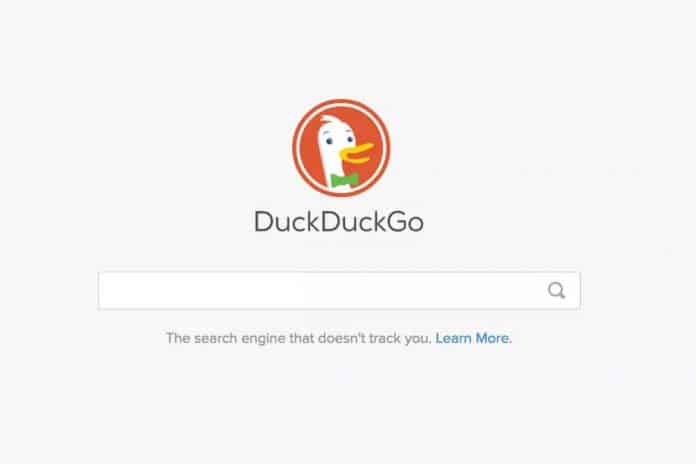This is to keep the user’s privacy intact, as the AMP version collects more data than usual and sends it directly to Google. As it’s not a user-first web method, both Brave and DuckDuckGo have now pledged to show users the original version of pages, instead of Google’s AMP version.
Dumping Google’s AMP Webpages
Google is already tangled with a lot of controversies around privacy and data security. Some of these are indirectly linked to its monopoly status in the search and display ads market and are facing a bunch of lawsuits around the world on this. One among them is the enabling of AMP (Accelerated Mobile Pages) technology to websites, promising to create “user-first experiences” on the web. But, many have complained that this would make Google stronger with excessive data collection, as all the embedded analytics of an AMP webpage are directly accessed by Google.
— Brave Software (@brave) April 19, 2022 Thus, Brave, the privacy-centric web browser said this week that it’ll De-AMP all the webpages in its search results, to offer the actual user-first web experience. Announcing this move to its Nightly and Beta versions initially, Brave said it will Following this suite, the privacy-centric search engine, DuckDuckGo too pledged to de-AMP websites in its results. The company said Google is forcing the technology (AMP) on publishers by prioritizing AMP links in search and favoring Google ads on AMP pages.
— DuckDuckGo (@DuckDuckGo) April 19, 2022 While it didn’t specify how exactly it will de-AMP the websites, it just said to display the original version of the concerned webpages first instead of their AMP version.
